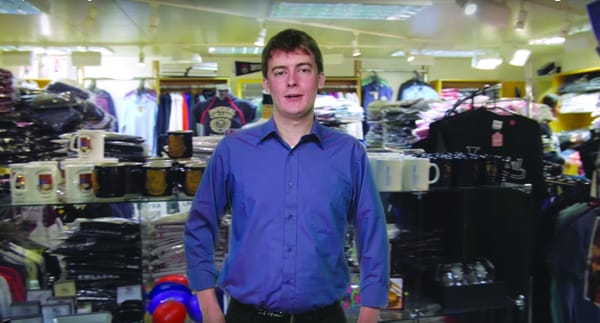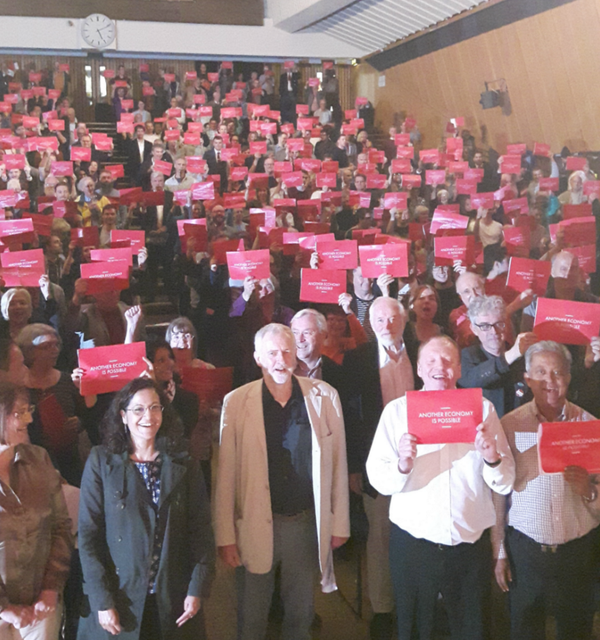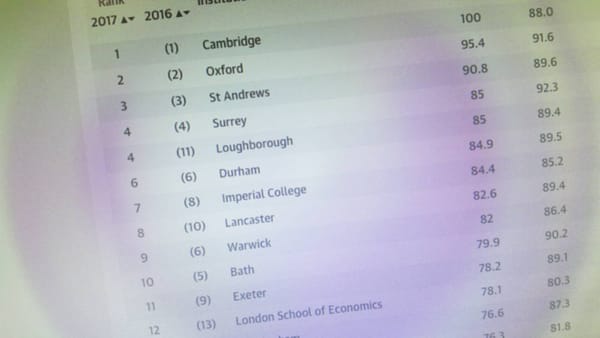The Imperial endowment fund – what are we investing in?
We take a closer look at where Imperial is putting its cash
Imperial’s investment portfolio is a well-known part of the college’s assets. Much like a savings account, a board decides where we invest year on year, to make the most of our stacks of cash and earn us interest. This is done by most universities, and whereas Oxford and Cambridge’s endowments are in the billions, ours are at a modest £201 million.
College calls the funds a “growing source of unfettered funds for the academic mission” but says the assets are “not core to the academic mission”. Essentially, no, this isn’t money that can be used to put air conditioning in the library or make the labcoats in life sciences free. But it may well be money from your fees.
Where’s the cash?
Imperial’s investments through its endowment fund as of 31st of March 2016 showed a few of the expected culprits.
We own £1,047,744 of shares in oil and gas giant Shell. Unethical, potentially, but considering whole modules on Imperial undergraduate courses are sponsored by the firm, hardly surprising. A slightly more dubious firm we invest in is Rio Tinto. The Norwegian government divested from the mining firm in 2008, blaming it for causing “severe environmental damage” around an Indonesian mine. Imperial have invested £155,560 in the corporation.
Unsurprisingly, big pharma also make an appearance, with the college owning £2.7 million worth of shares of Johnson & Johnson, GSK and Eli Lilly and Company altogether.
Also on the no-go list for the Norwegian government is any company that produces weapons that under normal use could “violate fundamental humanitarian principles”, which basically means nuclear weapons. The people in charge of the Imperial money pot do not feel the same way, and instead, have a £847,596 stake in Lockheed Martin, the company that makes the UK’s nuclear weapons system, Trident, as well as bog-standard ballistic missiles and your standard work-a-day bombs. Nice.
Tobacco and Imperial
Although not directly investing in any tobacco firms, Imperial has its largest investments in equity and tracker funds, that invest millions on the college’s behalf across a multitude of mainly safe bets. Imperial has £8,223,695 invested in Fundsmith Equity, which counts Imperial Brands (who make RizLa papers, Camel cigarettes and Drum tobacco amongst others) and Philip Morris International (who make Malboro – the most popular cigarette brand in the world) in its top ten most weighted holdings. Of the college’s eight million, £817,435 is invested directly in tobacco firms via this particular fund.
Of the £5,839,820 Imperial has invested in the Capita Financial Woodford Equity income, £422,219 is in Imperial Brands, £350,389 in British American Tobacco and £204,977 in Reynolds American, who make Pall Mall and Camel cigarettes.
We’ve invested £3,988,005 in the Invesco Perpetual High Income fund, 15% of which was invested in tobacco firms. This works out at nearly six hundred grand’s worth of our cash funding the cancer-causing industry.
These are just the funds that were open with their holdings, which many are not. From what we could find, Imperial is directing £2,384,327 of its endowment into tobacco firms, though indirectly.
Considering the university has strong connections to Cancer Research UK, it’s bizarre to think that Imperial college is betting on the success of the tobacco industry.
The college has eighteen separate departments that make up its “cancer network”.
Should we divest?
Are investments in tobacco par for the course these days? They’re a firm favourite among UK investors: Imperial brands gave their investors a 15% average return over the last five years. However, trends are changing. As the government changed its rules on cigarette packaging this week, AXA, the insurer, announced that it would be selling its hefty €184 million of shares in various tobacco firms. The irony was not lost on the firm, whose major business is in offering health insurance – it was funding the actions of companies that cause the deaths of six million people a year.
Ethical funds the world over have been avoiding firms like Philip Morris, Imperial Brands and British American Tobacco for some time, but AXA’s pull-out is thought to be the first major European institutional fund that has turned away from less ethical causes.
In 2004, Edinburgh university agreed to divest from tobacco, and there are options to invest ethically. Although these investments aren’t direct, the funds’ holdings are made public, so Imperial could quite easily avoid tobacco investments. It is only a drop in the ocean of our huge endowment fund, though.
It’s not all sad news. Imperial’s also invested over £800,000 in the pet accessory chain Pets at Home.
The college’s £1,136,742 investment in McDonalds could pay for a Fillet-O-Fish a day throughout the month of June for every student at Imperial.






